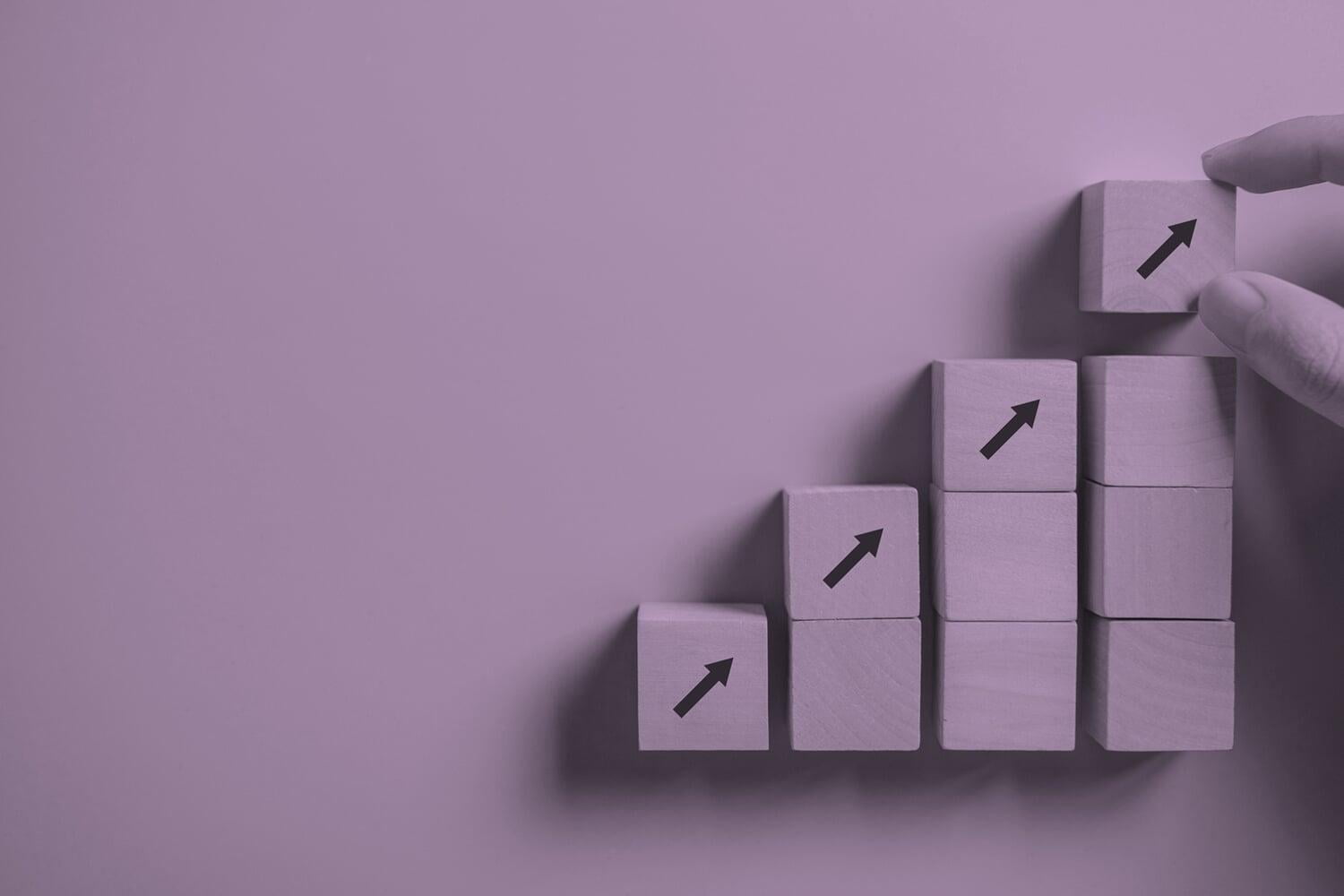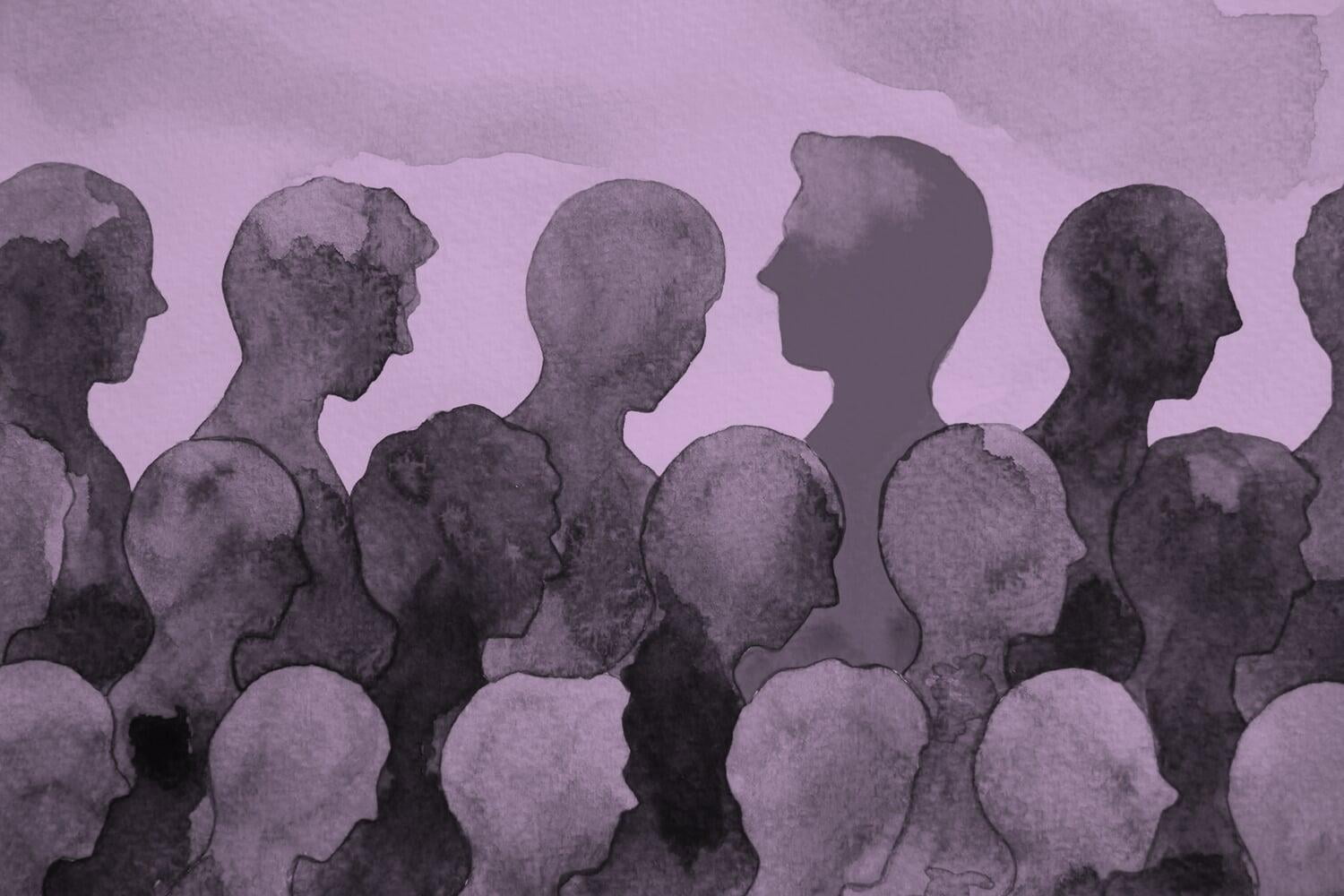The Pathway to Excellence | Work | Planning
Evaluation and Assessment Skills
Evaluation and assessment refer to how you can use both evidence and intuition to measure and make decisions about the progress you are making and the success you are achieving as you learn, live, lead, lead and work on your journey of exploration, encounter and discovery. It takes courage to confront the reality that some things that you do are not yet good enough to meet the standards required and to achieve your goals. It can be hard to separate this objective reality from how you feel about yourself as a person. But if you don’t measure how far you have come on your journey and reflect on and make decisions about what you have learned along the way, you can never be sure about what you have really done towards realising your purpose.

ADDING VALUES AND VALUE THROUGH EVALUATION AND ASSESSMENT
It’s important for you to know what both progress and success look like if you are going to measure how far you have come and how well you are doing. Success criteria are very helpful in this respect. To discover the right success criteria for you and your team, you must first establish what you should expect to see when you achieve your goal and the evidence that might indicate this. The language you use to do this is important. It needs to be clear and actually measurable. It needs to be aligned to the language and expectations you and others have for what success means. After all, the measure needs to reflect the goal.
You’ll also need to establish and describe the different stages that you might reach on the way towards the goal. The detail you will need to provide will vary in different situations. Occasionally, it will be important to include every precise detail in advance to avoid uncertainty in expectations. And on other occasions, you’ll have greater flexibility to roam around, experiment, and improvise as you go.
As you grow in confidence with how you evaluate and assess yourself, you will become stronger at matching your strengths to the situation that is presented to you (your adaptive expertise) and in how you organise all the elements of who you are to get the job done (your self-efficacy). You will also be more confident in applying your sense of what is right and wrong to the decision-making processes that follow on from measurement. You’ll need to work out what processes you will use to make decisions about what you are seeing. What evidence will you need? Who will you involve? When will the decision be made? By whom? And why will you adopt these approaches? How and when might you review your decisions and what would you need to see to change your mind?
In this way, as you become more experienced in making judgments about yourself, your work, and others that are supported by evidence, reasonable in their use of your intuition, and balanced in terms of their conclusions, you will also become more comfortable with the way you are growing. You will also become more comfortable in yourself. You will come to accept that you are a work in progress who is improving in competency and wellness. This improvement will come about not just because of the specific growth in knowledge, skills, dispositions and habits related to your goals and tasks, but because you are engaged in the process of improvement itself.
"When we look at what has the strongest statistical relationship to overall evaluation of your life, the first one is your career well-being, or the mission, purpose and meaning of what you're doing when you wake up each day."
Tom Rath
THE JOURNEY TOWARDS MASTERY: EVALUATION AND ASSESSMENT
You will also need to determine the methods you will use to collect information about your process and your accomplishments, as well as the people who you will use to provide you advice and support. If you create these methods from the beginning, you will have the best chance to build rapport with a peer who will give you a frank assessment of how well you are making progress towards your goals. We all need this type of advice. It’s too easy for us either to see everything as rosy or everything as black, depending on our mood and personality. In the same way, we need to find a way to allow ourselves to step back from the immediate everyday pressures of getting the work done and look at the whole picture of what is being done and how well it is being done. This requires mental preparation and sometimes also physical distance from the site of your work to allow you to step back to form a solid judgment.
You can use the following questions to help you to reflect on how you will measure your progress and success:
- Am I constantly reflecting on my goal-setting process to ensure that I am on the right path and using the right tools to get there?
- Do I bravely welcome feedback of various sorts in order to improve my performance?
- Do I bring balance and reasoning to decisions and actions, assessing whether conclusions and judgments are evidence-informed, soundly determined and appropriate to the circumstances?
- Am I good at assessing my knowledge, skills, dispositions and habits, finding out what I need to learn and to be better in achieving my goals?
- Do I identify and work on the knowledge, skills, dispositions and habits that I can transfer from other areas of strength that might help me expand my repertoire of competencies and enhance my progress?
STEPPING FORWARD AND UP THROUGH EVALUATION AND ASSESSMENT
In time, you will come to understand that measurement of who you are becoming and what you are doing to make this happen is how you will become more fully yourself. It will help you to understand how you are growing in the civic character of belonging, the performance character of fulfilling your potential, and the moral character of doing good and right. In this way, your ongoing process of evaluation and assessment will allow you to bring both values and value to the community around you.







